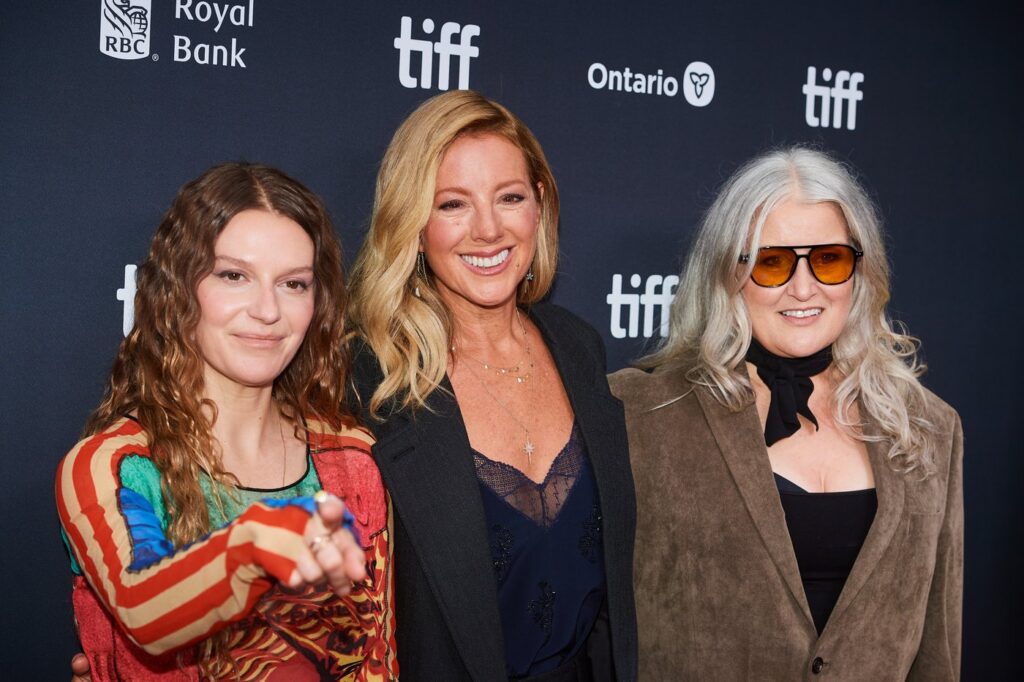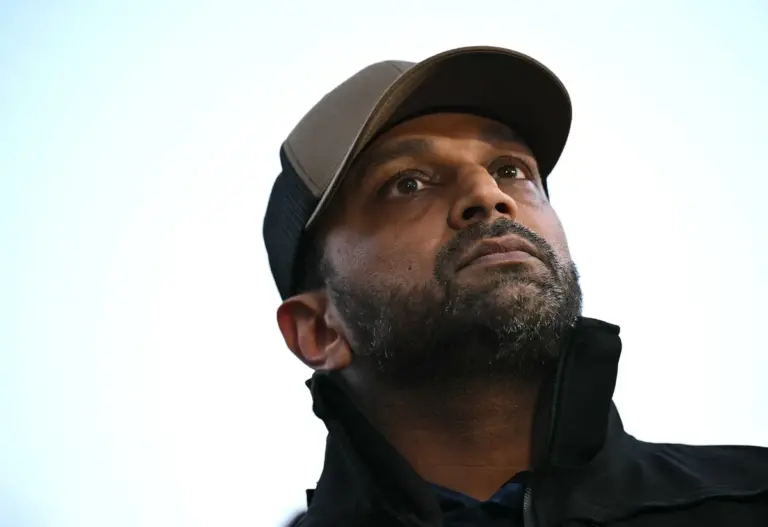
Introduction
The Lilith Fair Documentary shines a spotlight on a significant cultural phenomenon that shaped women’s contributions to the music industry in the late 1990s. Founded by musician Sarah McLachlan, Lilith Fair was a traveling music festival that featured female artists, aimed to empower women in a male-dominated industry. The documentary is not just a nostalgic look back; it serves as a powerful reminder of the ongoing fight for equality in the arts, making it a relevant topic as conversations about gender representation in music continue to evolve.
The Impact of Lilith Fair
Launched in 1997, Lilith Fair featured numerous groundbreaking female artists, including Jewel, Fiona Apple, and Nelly Furtado. Over its three years, the festival became a platform for women to showcase their talents and raise important issues surrounding gender equality. The documentary showcases behind-the-scenes footage, performances, and testimonials from artists and fans that reveal the impact Lilith Fair had on nurturing a community of support among women.
The festival also raised millions for local women’s charities in cities it visited, illustrating its commitment to social causes while promoting female artists. The documentary highlights how Lilith Fair not only transformed the landscape of live music but also encouraged a generation of girls to pursue their musical ambitions.
Current Events and Relevant Discussions
In light of recent movements advocating for gender equality in various sectors, including the arts, the Lilith Fair Documentary has re-emerged in discussions about women’s rights. The film has prompted renewed interest among audiences, prompting screenings and discussions about its relevance today. Various panels and events in conjunction with the documentary’s release emphasize the importance of representation and how much progress is still needed.
Additionally, streaming platforms are reviving classic live performances from the festival, giving new audiences a chance to appreciate the music and the movement behind it. Amid this resurgence, discussions surrounding gender bias in the industry continue, with many artists expressing the need for more inclusive opportunities for women.
Conclusion
The Lilith Fair Documentary serves as both an homage to a transformative time in music and a rallying cry for continued progress in gender equality within the industry. As the documentary prompts renewed conversations about women’s representation in music, it reinforces the significance of creating supportive platforms for female artists. Observers of the current music scene can draw valuable lessons from the successes and challenges faced by Lilith Fair, reminding us that while strides have been made, the fight for equality in the arts remains ongoing.



